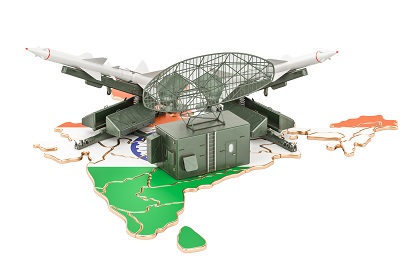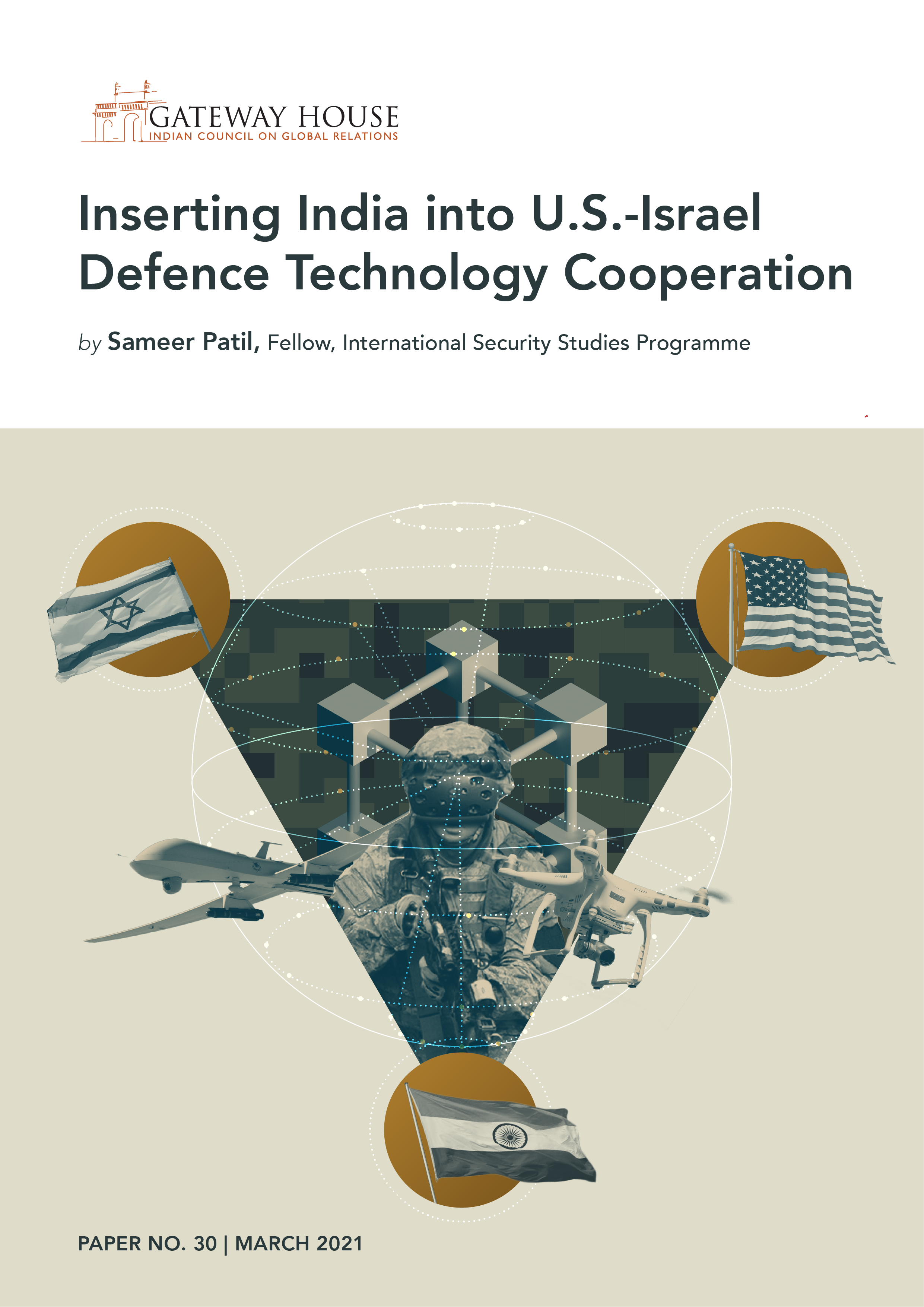The Other Quad
Last month, at a hybrid meeting, the Foreign Ministers of India, the U.S., Israel, and the UAE set up a forum for quadrilateral cooperation. In the many issues discussed, the technology dimension shows the most potential for collaboration, with unique contributions of expertise and resources available from each country's tech hubs: Bengaluru, Silicon Valley, Dubai and Tel Aviv.










